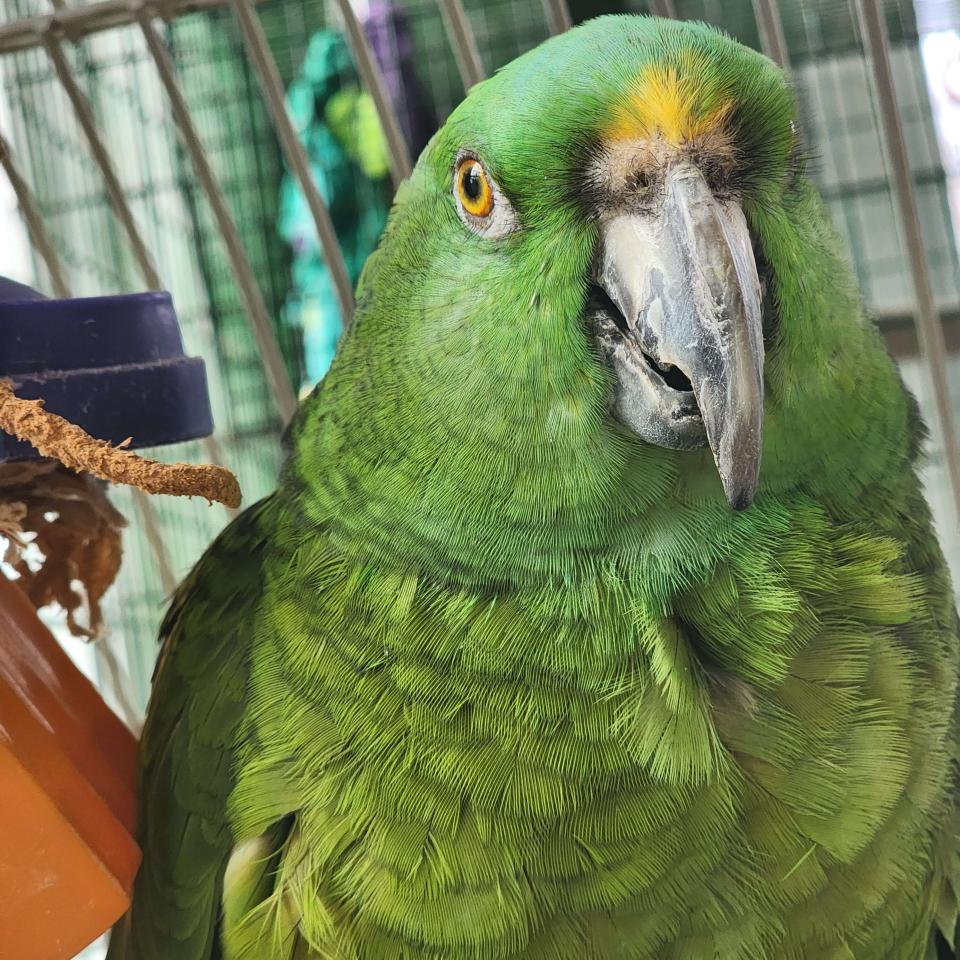
The importance of exotic pet vet visits:
Wellness exams
Annual or more frequent wellness exams are recommended to monitor your pet's overall health, identify potential problems early, and establish a baseline for your pet.
Diagnostic tests
These may include blood work, fecal exams, radiographs, and other tests to detect underlying conditions or monitor specific health issues.
Preventative care
This includes parasite control, nail trims, oral exams, and vaccinations (if applicable).
Exotic pets have diverse needs, including specialized diets, environments, and social interactions. Our veterinarians and technicians enjoy and strive for the best husbandry information for you and your pet.
Recognizing and detecting any signs of illness
Exotic pets often hide signs of illness, so it's crucial to be aware of subtle changes in behavior, appetite, or droppings. Please call right away if you believe your pet is showing any subtle changes so we can address them before it gets too serious.
Many exotic pets instinctively hide signs of illness, making early detection difficult. Regular visits can help catch problems before they become serious. We want to be able to let your pet live the best and longest life possible.
Exotic pets have unique needs, and a specialized veterinarian can create a customized care plan that addresses these specific requirements.
By addressing health issues early and providing appropriate care, you can help your exotic pet live a long and fulfilling life.
Patients We See In The Office:
Gerbil, hamster, ferrets, skunk, mice, bearded dragons, reptiles, snakes, rabbits, chinchilla, guinea pig, birds, parrots, chickens, ducks, geese
Downloadable Husbandry Info (PDFs)
- Basic Rabbit Care
- Bearded Dragon Guide
- Rabbit Bloat Info
- Ferret Care (2020)
- Chinchilla Guide (LafeberVet)
- What to Feed Your Chinchilla
- Rabbit Dental Health
- Feeding Insectivores
- Green Iguana Care
- Ferret Insulinoma Info
- Litter Training Your Rabbit
- Metabolic Bone Disease (MBD)
- Guinea Pig Nutrition
- Rat Diet Guide
- Why Does My Rabbit...?
